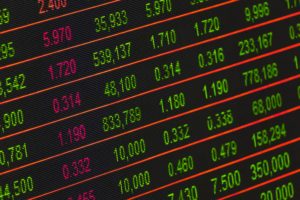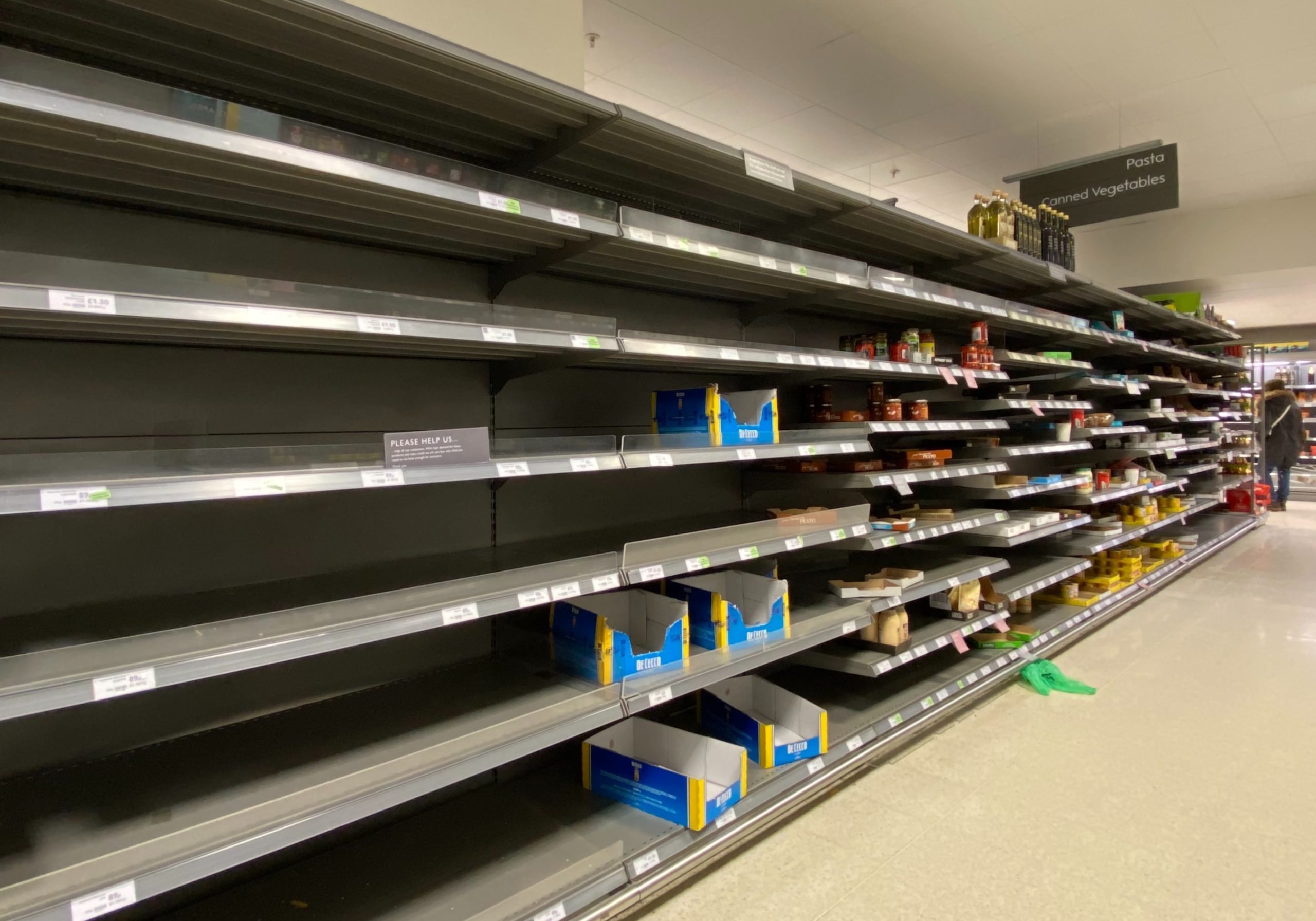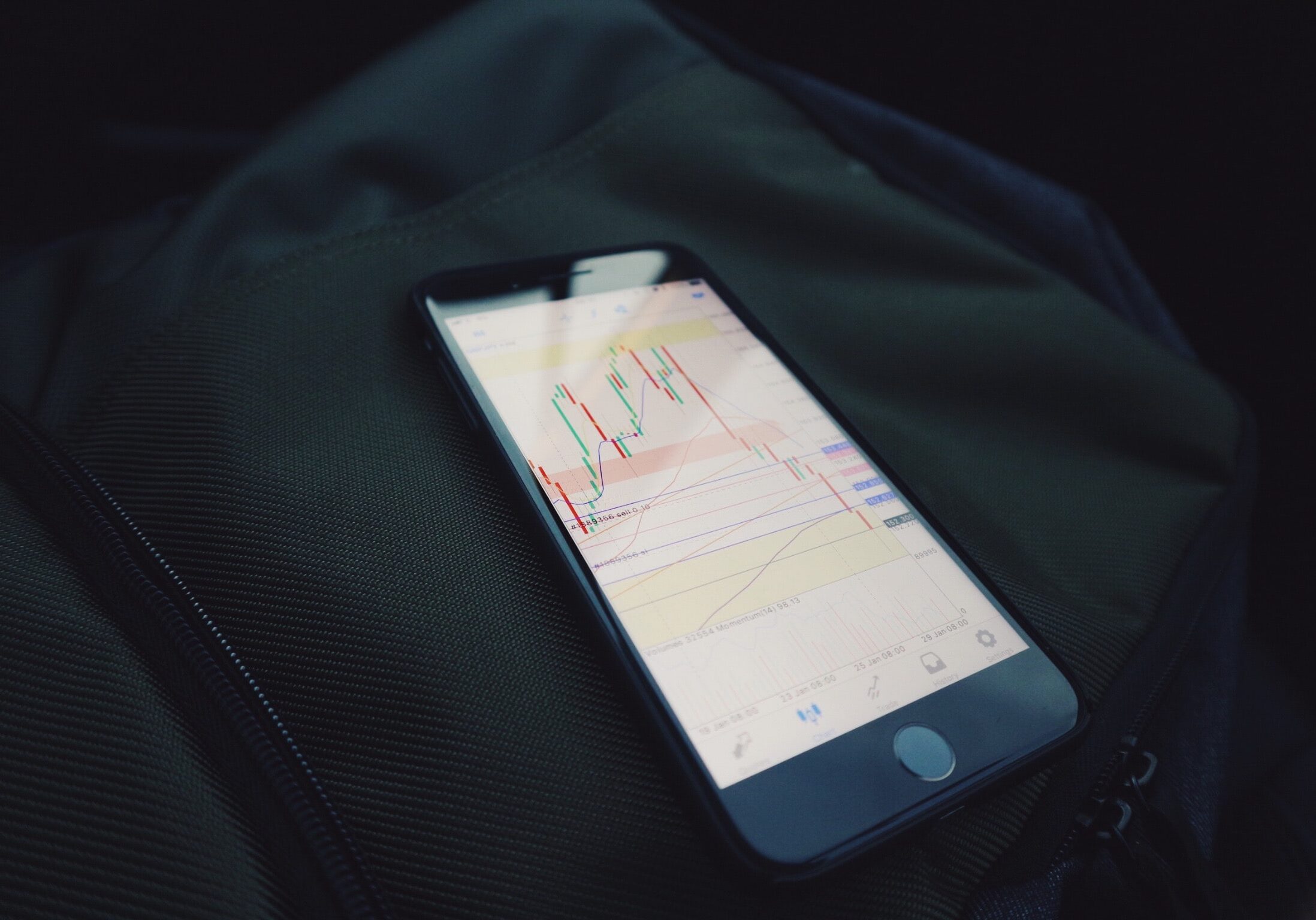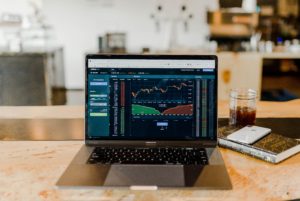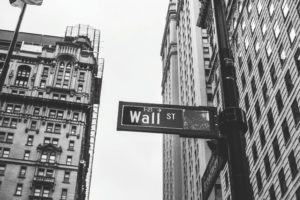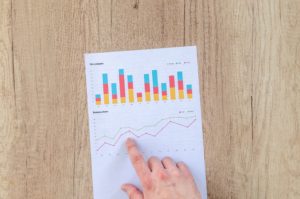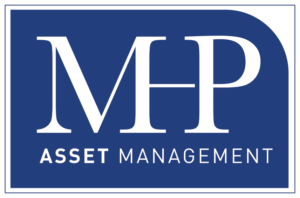There’s been a lot of recent economic data that shows the US economy is slowing. Whether we go into a recession or just a broad slowdown is yet to be seen, however it makes sense to plan for either. What I am referring to buy plan is not a liquidation of your investment portfolio, however it may be a good time to review your current holdings and see if they match your current objectives. For example, if you are nearing or in retirement and your portfolio of investments is made up of equities or equity-based mutual funds then your portfolio is still designed for accumulation of assets. The stocks or equity mutual funds may have a dividend or income component but are not designed for the distribution of those assets in retirement.
The equity markets have been rolling along since the spring of 2009 with really no major bumps in the road, this lack of bumps or should I say major corrections have lulled us into a false sense of security and complacency. Those who are retired or approaching retirement may have thought they’ll just sell assets for income, and typically that amount has been 4% per year. But what if history repeats itself as it seems too often do and we go into a correction followed by a stagnant equity market. The concept of “sequence of returns” says that if the money that you had earmarked for retirement income diminishes and you’re still taking out the amount of income based on what you had at the point of starting your plan, then your retirement accounts can run out of money very quickly. That is why you would hear me state time and time again that we must plan for the income with sustainable, steady, predictable investments for income that then, and only then, can we invest money at market risk for growth purposes. If it takes most of your assets for steady, sustainable income, then so be it.
As a slowdown or recession approaches you would still want to adjust your equity holdings to more defensive stocks or ETF’s that represent things in the economy that people will still use even in a retracting economy or slowdown. Defensive stocks are stocks based on companies that traditionally offer goods and services that people simply don’t give up in a slowing economy. Pharmaceuticals, food, alcohol, cigarettes, energy and a host of other basic necessities are considered defensive. Capital expenditure by large companies tends to slow down as they rein in their budgets. While there seem to be a lot of jobs available now, this can change in a slowing economy.
The business cycle is typically made up of peaks and troughs. Troughs can be lower, and the peaks can be higher during very good or very bad times. 2008 was the last deep trough. The sluggishness of the recovery had been slow until the last presidential election, however no economy violates an economic cycle of peak and trough, the peaks may be higher and troughs shallower, but we still will have a complete cycle. Don’t fear it, plan for it!
Now is as good of a time as any to review your investments.


